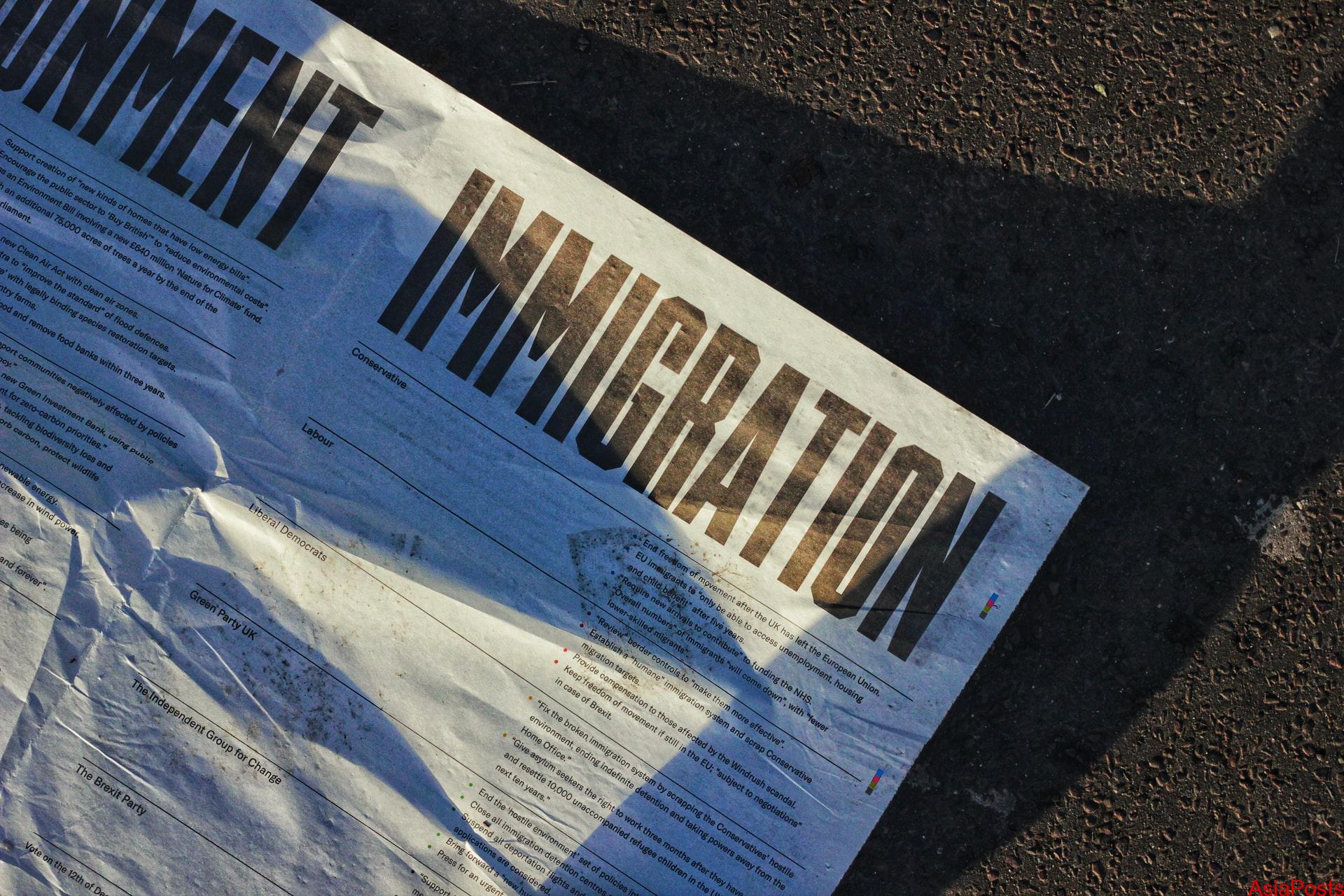Many people living in the UK are not aware of the difficulties and personal tragedies that illegal immigrants face. This article discusses the issue of illegal immigration UK. It focuses on why some migrants choose to enter the UK illegally and the hardships they may experience as a result.
Someone could be in the UK as an illegal immigrant for many reasons. They may have entered the UK covertly, such as hidden in a lorry or truck or another form of transport. They may have also entered the UK with fake documents, a fake name and fake family history.
Let’s say that has happened, and a migrant has entered the UK illegally because they are scared of being persecuted in their home country or for another humanitarian reason. In this instance, they could apply for an asylum claim to receive humanitarian protection; this can be achieved through contacting the Home Office for an interview to outline their past and what persecution they are experiencing. Although it may seem clear that these migrants are in need of help, many will not qualify for asylum. Furthermore, the appeals process is very long and time-consuming, even when the claim is successful. As a result, many people take this option in desperation because they cannot go back to their country of origin because of a fear of persecution.
There are many reasons why people chose the UK. Some migrants go there for work in order to provide financial support for family members who remain at home. Other migrants may hope that once they have entered the country illegally, they will be allowed to stay either after gaining employment or after marrying a British citizen; there are no statistics on how widespread this practice is, but it appears to be entirely possible under current law. Finally, although many illegal immigrants gain employment by working cash-in-hand (paying no tax and thus evading the minimum wage), this is not always possible without being detected by a third party.
If migrants do manage to find employment, they are likely to be offered poor pay and conditions. In addition, due to their status as illegal immigrants, many employers will exploit them by paying below the minimum wage or failing to provide holiday or sick pay entitlement. Some of these people have been in the UK for several years but remain undisclosed because they are caught; they would be deported back home immediately. Many migrants choose this option to give their children a better future or because it is unsafe for them to live in their country of origin at that time.
The treatment of illegal immigrants varies widely from one place to another, depending on the area. For the most part, authorities appear to be tolerant of them because they are non-visible, and there is no record of where they live or what kind of work they do. However, this attitude can also lead to problems because many people will use illegal immigrants as cheap labour without offering them the protection that legal employees would receive.
There are currently three options available for illegal immigrants once they have been found out: deportation, withdrawal of services (including housing) or absconding into hiding. Obviously, these reasons vary depending on whether the person has children who need educational support or health care coverage etc. The option chosen by migrants will vary according to their personal circumstances and their country of origin; some countries refuse to accept their citizens back even if they have been declared illegal, and some do not.
It is very difficult for people to receive welfare support in the UK once they have removed themselves from official records. For this reason, many migrants will choose the latter option of just disappearing into society rather than being deported or having their services withdrawn (with potentially devastating consequences). It appears that there is no such thing as an amnesty in the UK, although some policies may encourage migrants to register with the authorities and start life all over again legally.
There are several ways in which industrial action would improve matters for these immigrants; firstly, by allowing them to work legally and be entitled to state benefits and secondly by giving them protection against exploitation under current labour laws. Most importantly, it would also ensure that they are not subjected to destitution and homelessness due to the fact that the authorities no longer recognise their residency status.
One possible solution that has been suggested in the past is for illegal immigrants who have remained undetected in Britain for at least ten years to be given permission to work here legally under a new visa system. However, this proposal came under fire from many politicians when it was first suggested. Even if amnesty were given in one country, it could lead to an influx of immigration into neighbouring countries in search of work or asylum, making them unacceptable destinations in turn.



























































